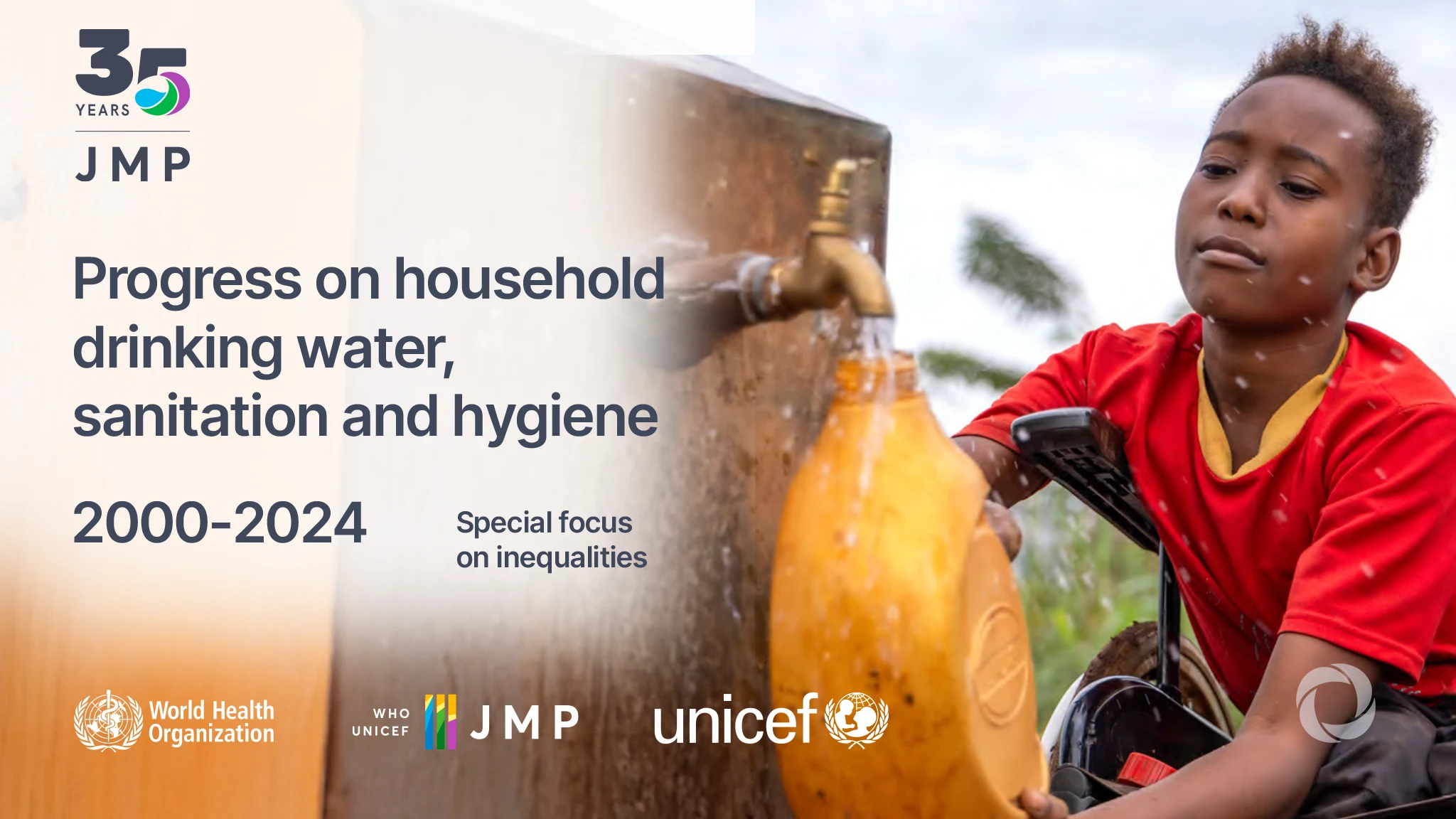Billions of people worldwide still lack safe drinking water, sanitation, and hygiene, putting them at risk of disease and exclusion, according to a new UN report. The World Health Organization (WHO) and United Nations Children’s Fund (UNICEF) released the report as World Water Week gets underway, highlighting ongoing gaps, especially in vulnerable communities (read more here).
Around 2.1 billion people don’t have safely managed drinking water, while 106 million use untreated surface water. WHO’s Ruediger Krech called clean water and sanitation basic human rights, not privileges.
The report shows that people in the least developed countries are more than twice as likely to lack basic water and sanitation services and over three times as likely to miss out on basic hygiene. Girls face extra hurdles, often bearing the burden of carrying water and lacking proper menstrual supplies and private spaces.
Data from 70 countries reveals most women and girls have some menstrual materials and a place to change, but many still struggle to manage their needs safely and with dignity.
An estimated 1.7 billion people still lack basic hygiene at home, with 611 million having no facilities at all.
“We must speed up efforts to reach the most marginalized groups to meet global goals,” Krech said.
Cecilia Scharp of UNICEF added, “At the current pace, safe water and sanitation for every child is slipping away. We need to act faster and with more focus to help those who need it most.”

